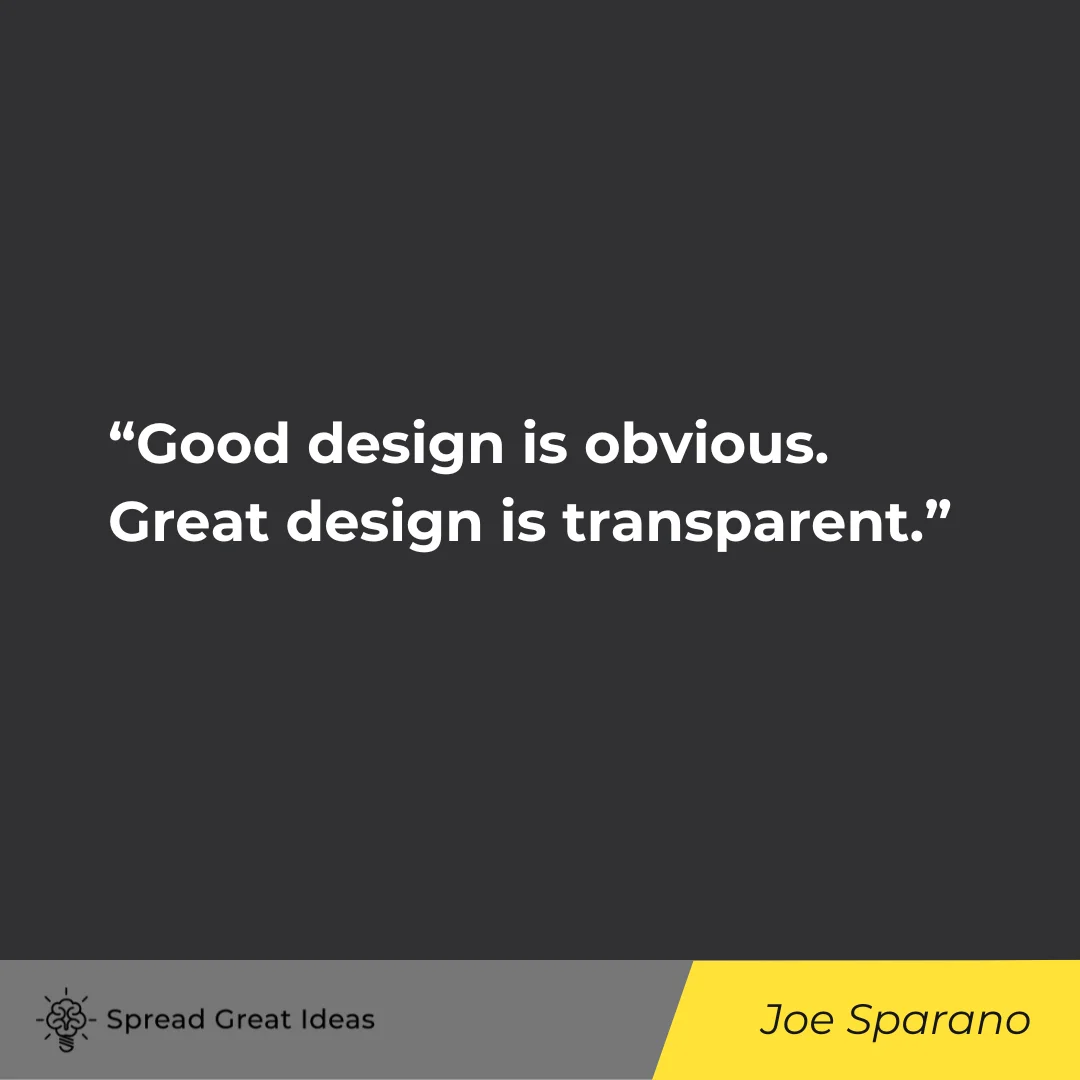Table of Contents

In the intricate tapestry of human existence, design serves as the thread that weaves together functionality, beauty, and purpose. From the architectural marvels that define our skylines to the digital interfaces that streamline our interactions, design permeates every aspect of our lives, shaping our experiences and influencing our perceptions. Embedded within the ethos of design are profound insights, distilled into timeless quotes by visionaries who have left an indelible mark on the world.
Join us on a journey of enlightenment as we delve into the essence of design through captivating quotes. Each quote serves as a beacon of inspiration, illuminating the principles, values, and philosophies that underpin the art of design. From the wisdom of iconic figures like Steve Jobs and Leonardo da Vinci to the profound reflections of contemporary thought leaders, these quotes offer invaluable perspectives on creativity, innovation, and the transformative power of design.
Through these quotes, we’ll explore the interplay between form and function, the importance of simplicity and clarity, and the profound impact of design on culture, society, and human experience. Whether you’re a seasoned designer seeking fresh perspectives or an aspiring creative embarking on your journey, these quotes will ignite your imagination, spark your creativity, and reaffirm the enduring relevance of design in our rapidly evolving world.
Prepare to be inspired, challenged, and enlightened as we unravel the mysteries of design through the lens of these 14 enlightening quotes.
Steve Jobs
“The design is not just what it looks like and feels like. The design is how it works.”
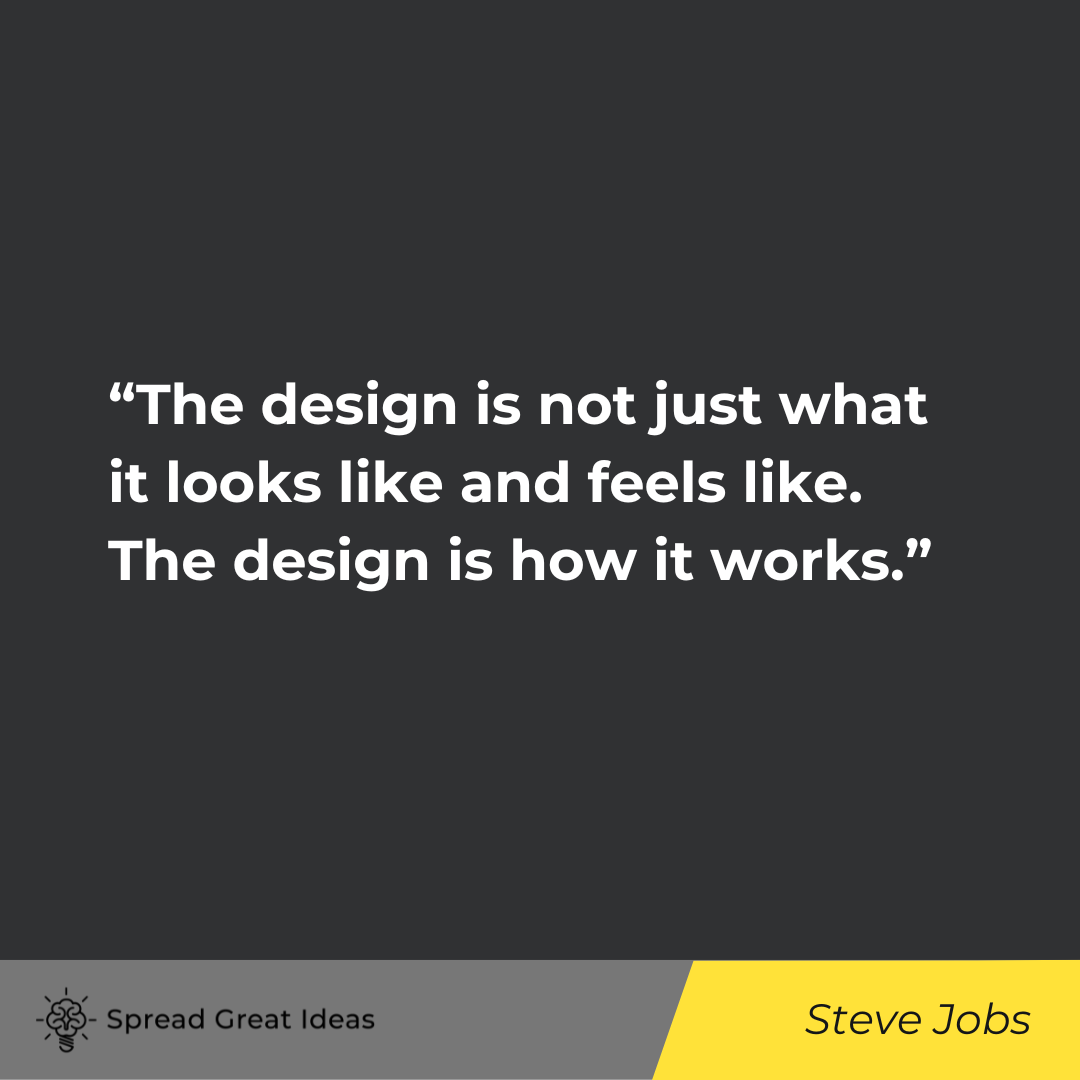
“You can’t connect the dots looking forward; you can only connect them looking backwards. So you have to trust that the dots will somehow connect in your future.”
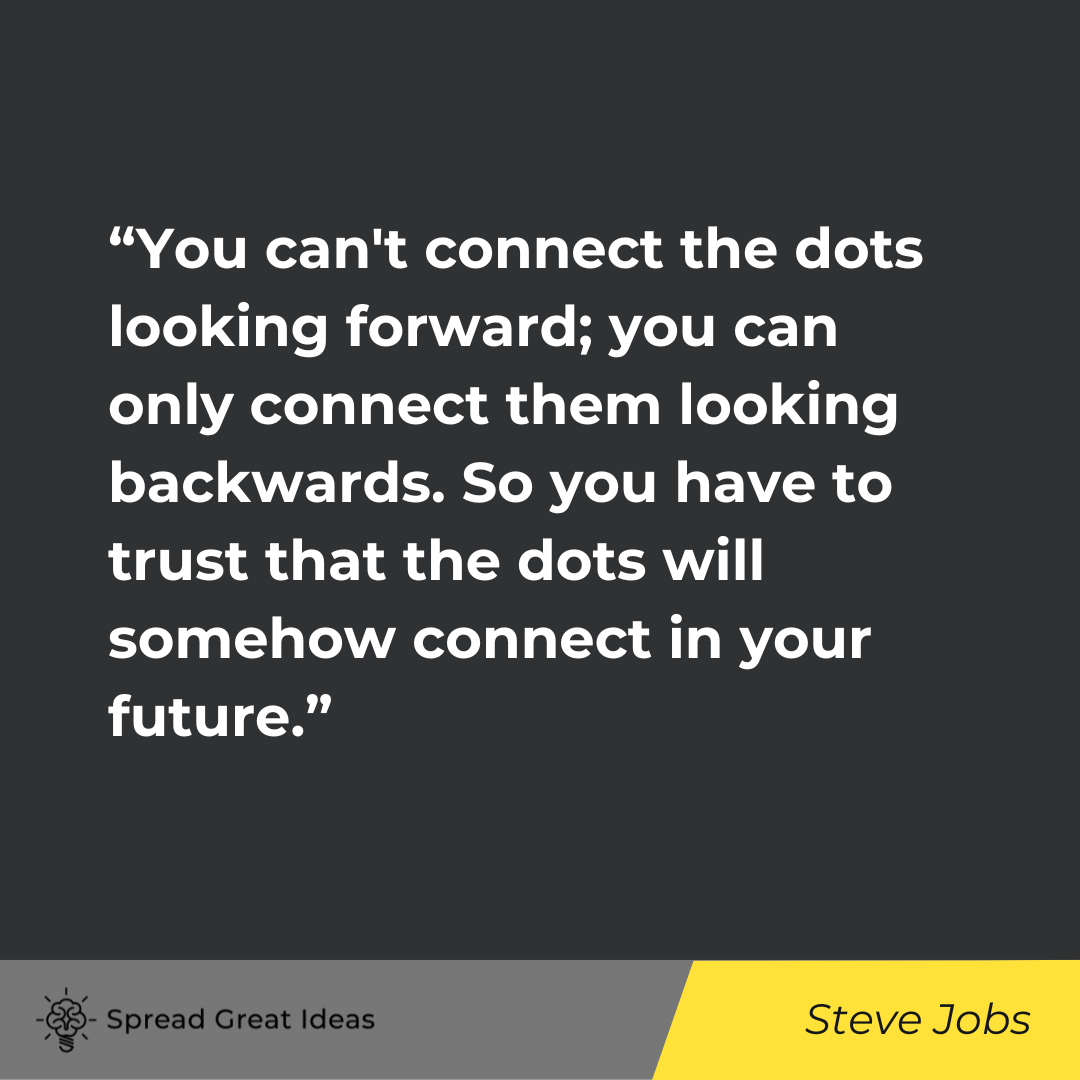
Leonardo da Vinci
“Simplicity is the ultimate sophistication.”
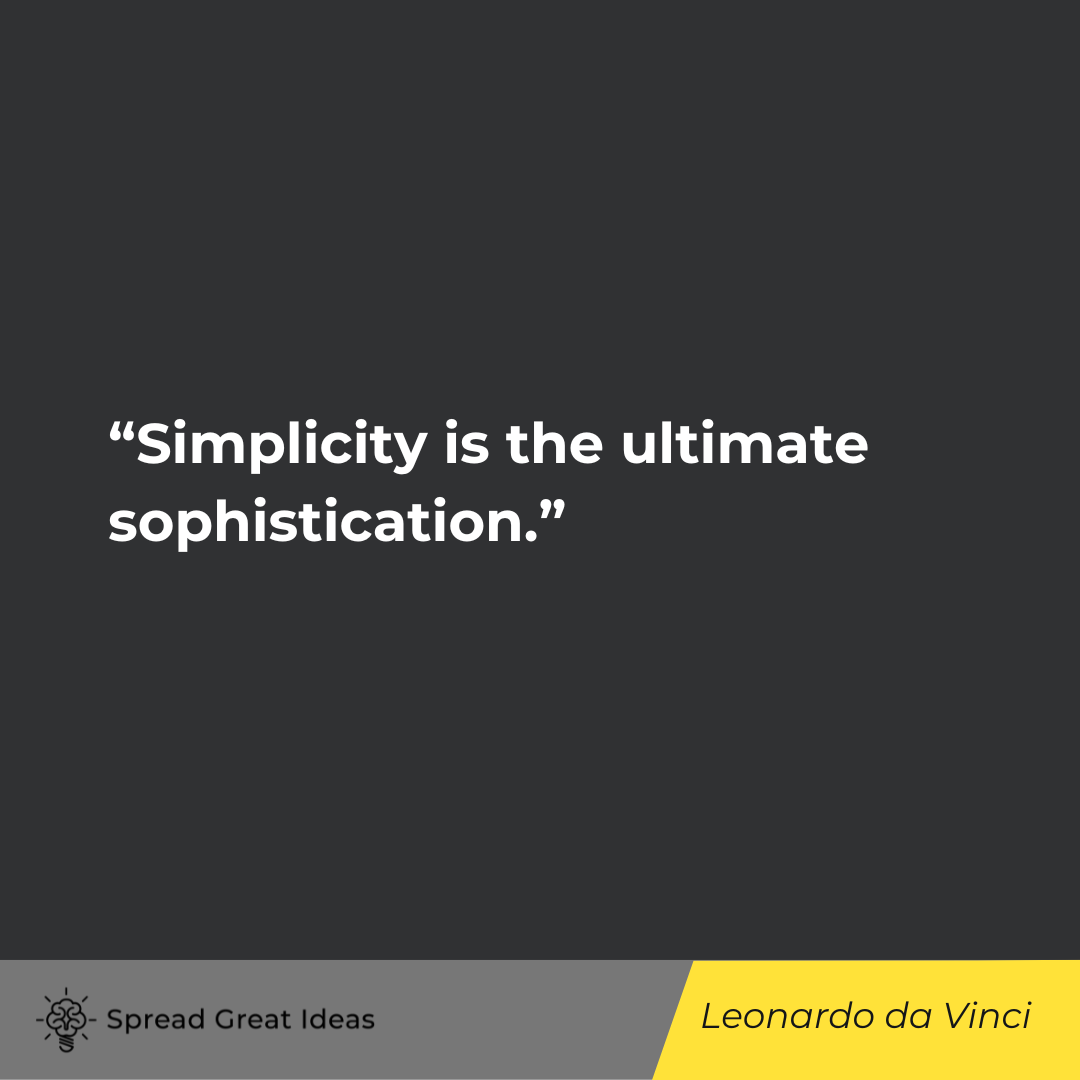
Saul Bass
“Design is thinking made visual.”
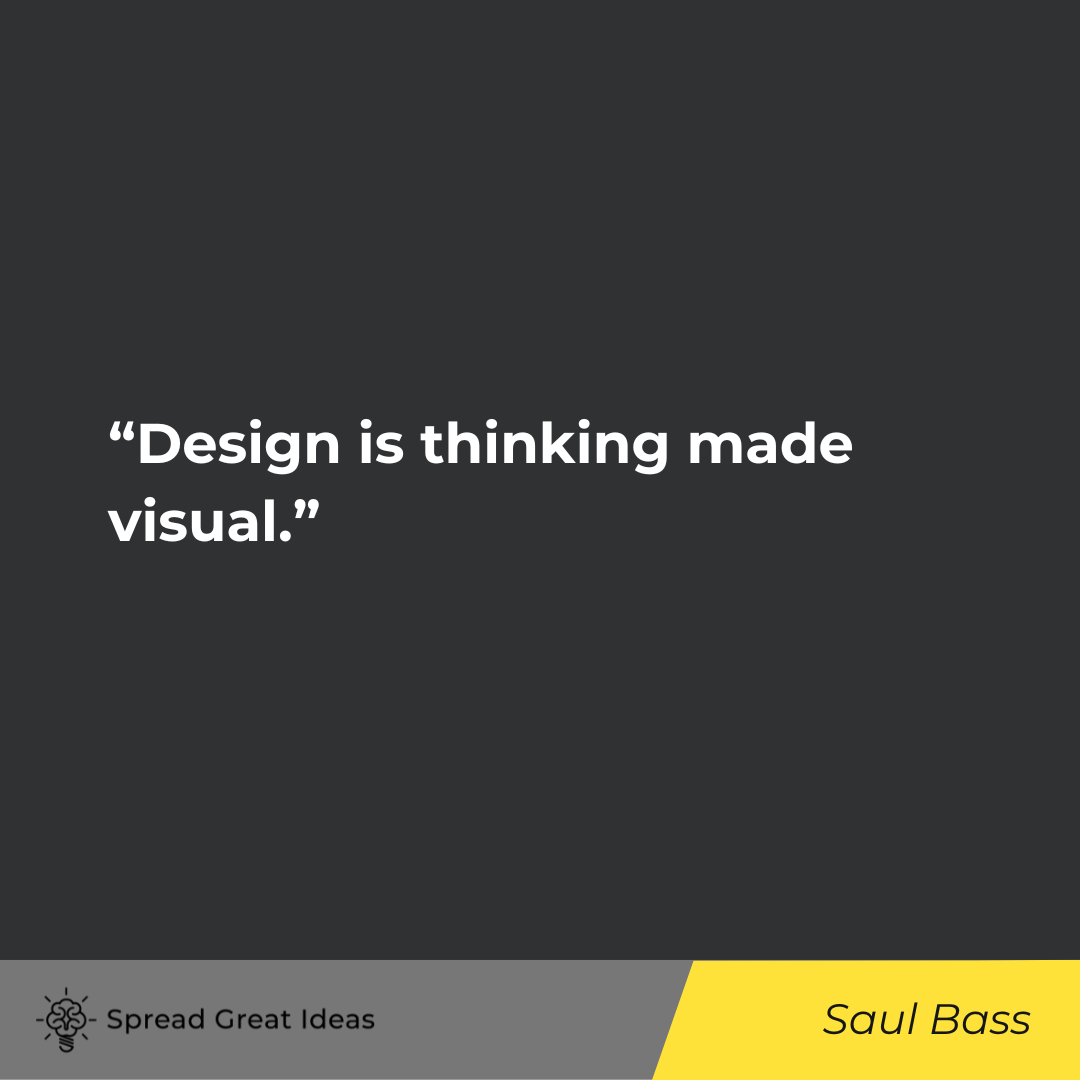
Albert Einstein
“Creativity is intelligence having fun.”
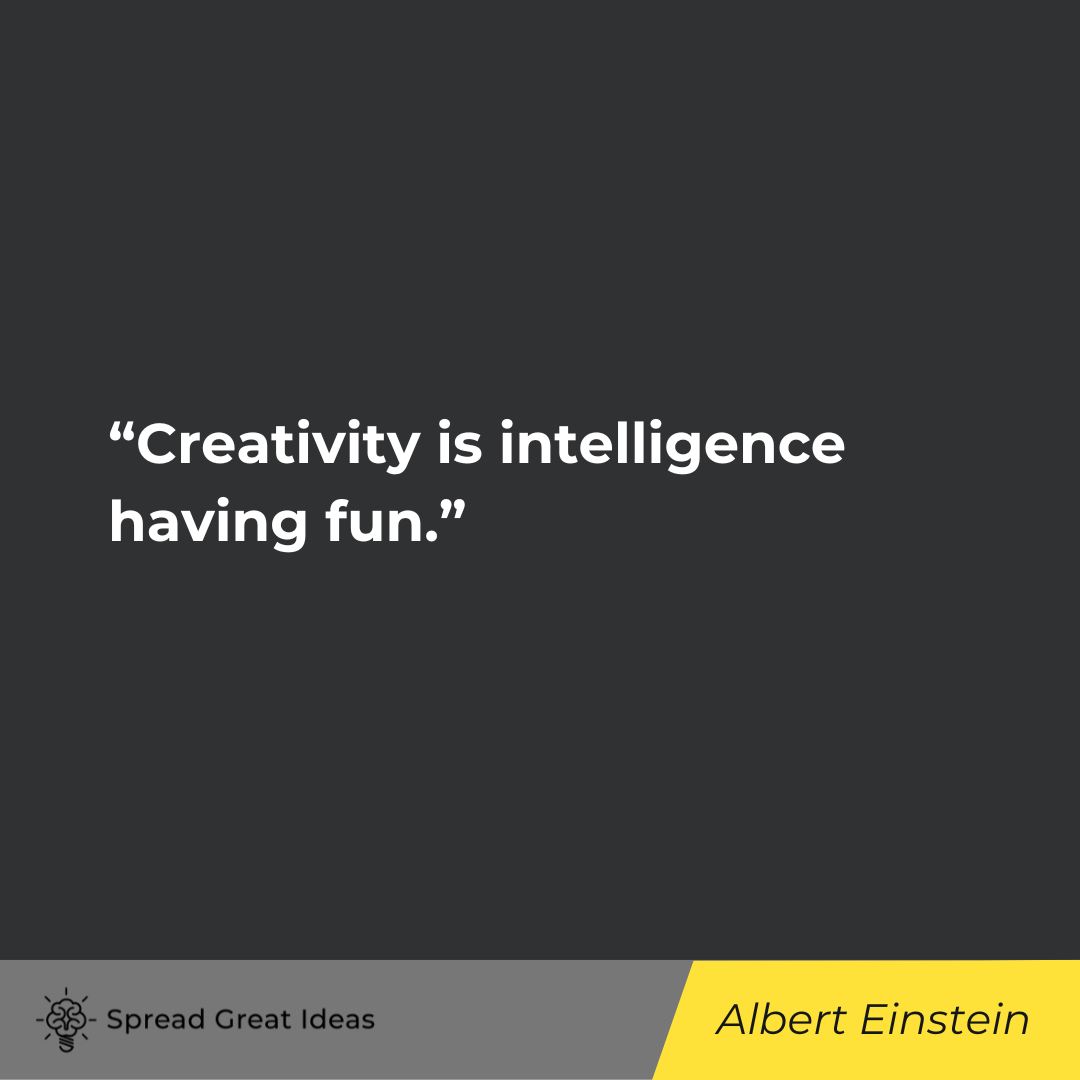
Charles Eames
“The details are not the details. They make the design.”
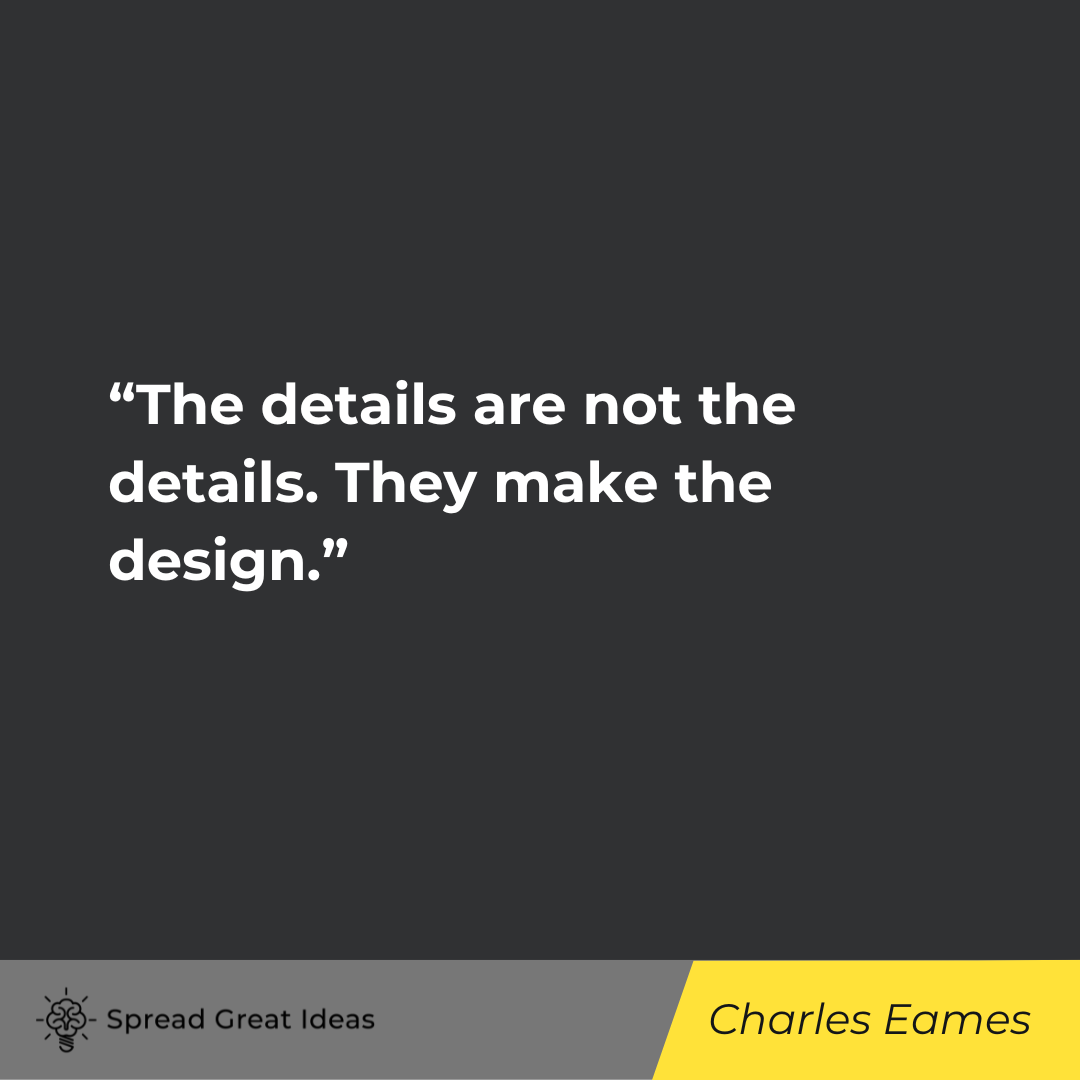
Milton Glaser
“To design is to communicate clearly by whatever means you can control or master.”
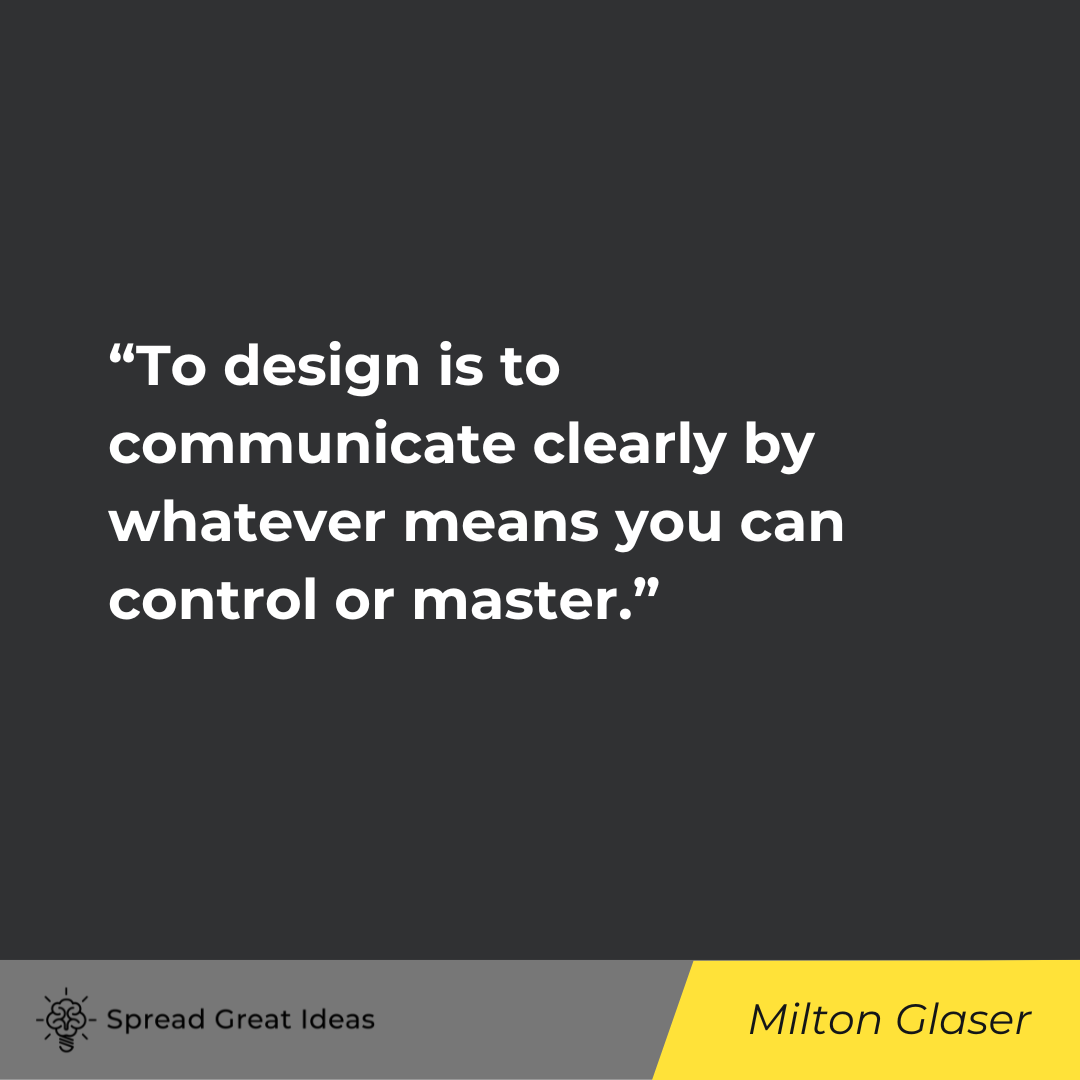
Robin Mathew
“Design is where science and art break even.”
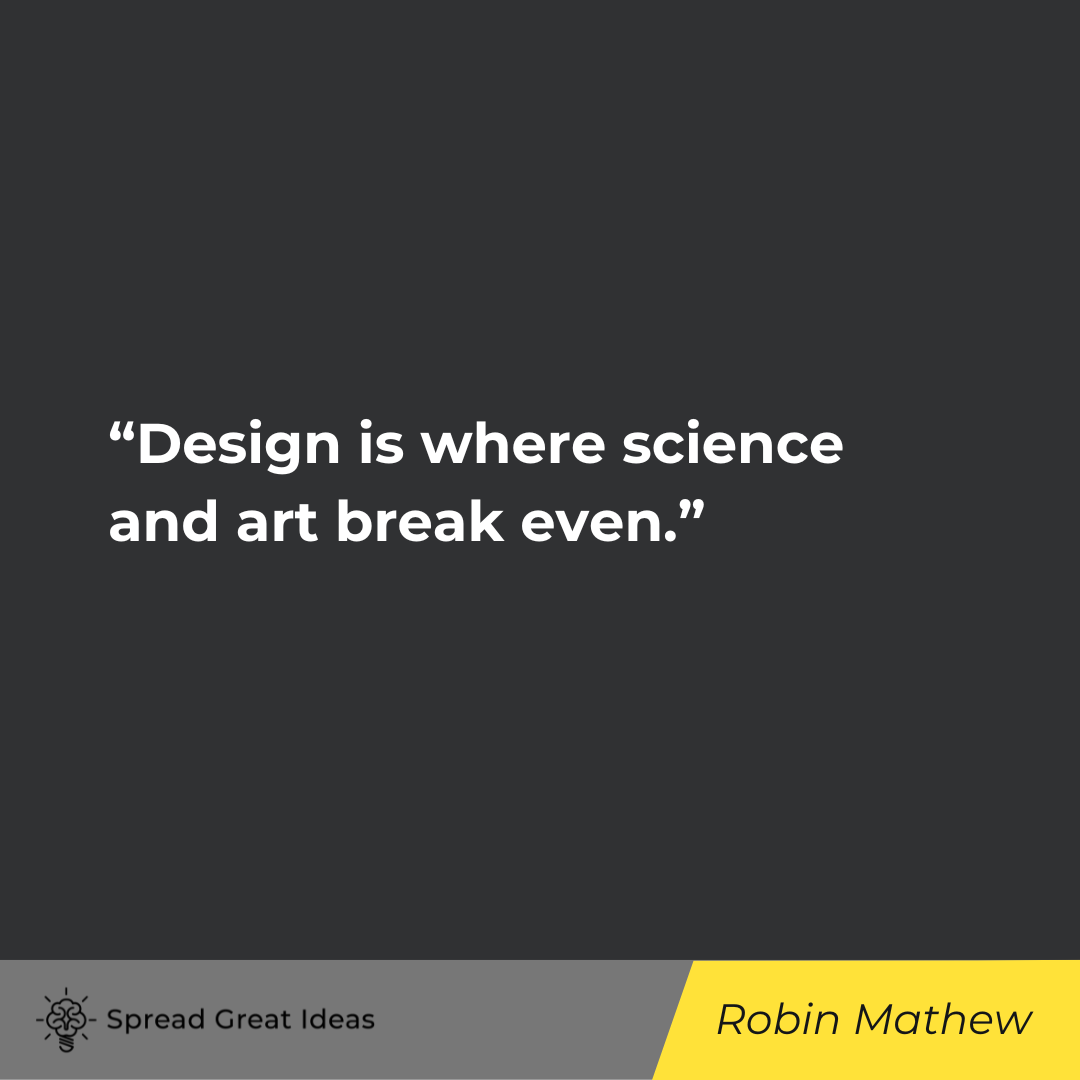
Robert L. Peters
“Design creates culture. Culture shapes values. Values determine the future.”
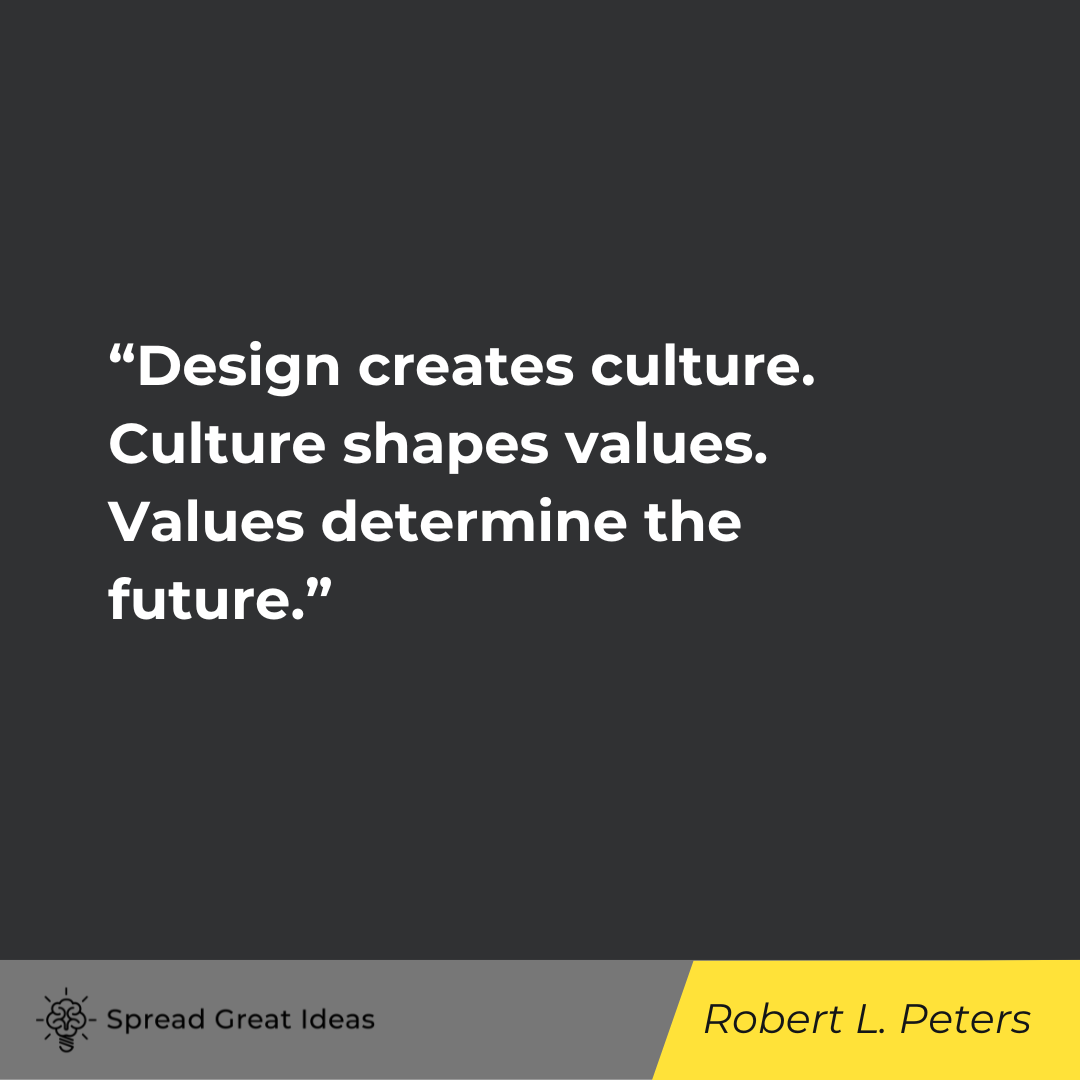
Paul Rand
“Design is the silent ambassador of your brand.”
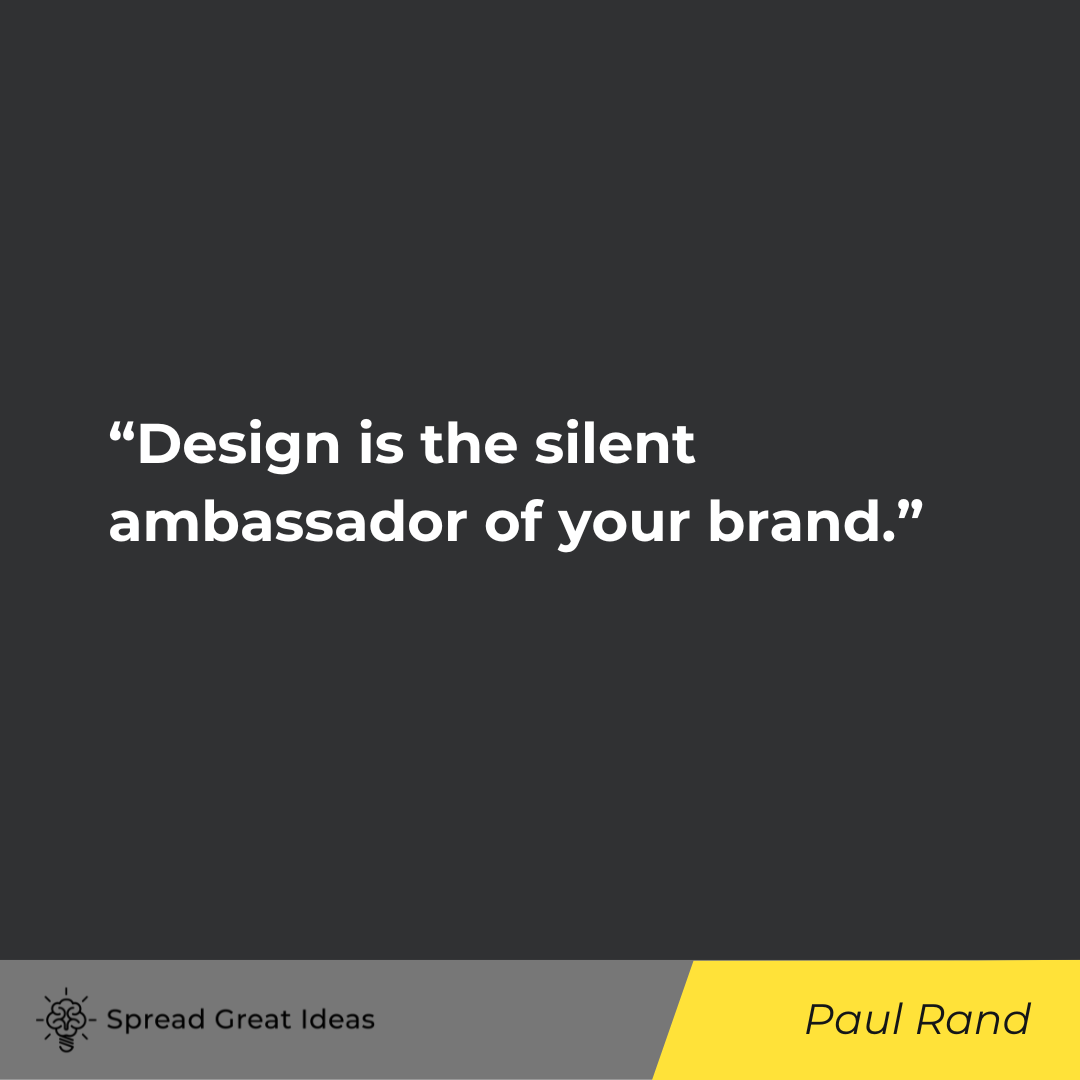
“Design can be art. Design can be aesthetics. Design is so simple, that’s why it is so complicated.”
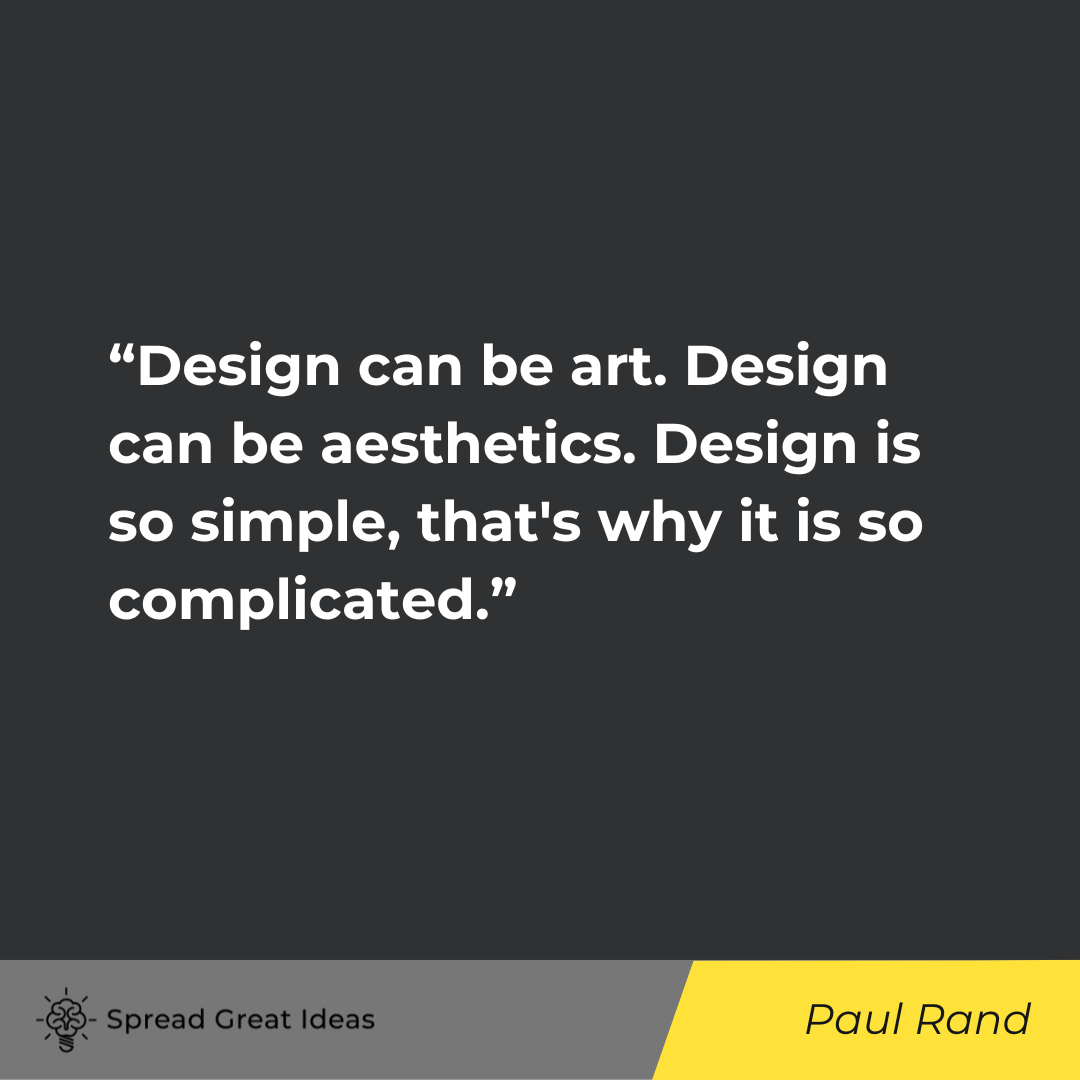
John Maeda
“Simplicity is about subtracting the obvious and adding the meaningful.”
– John Maeda, The Laws of Simplicity
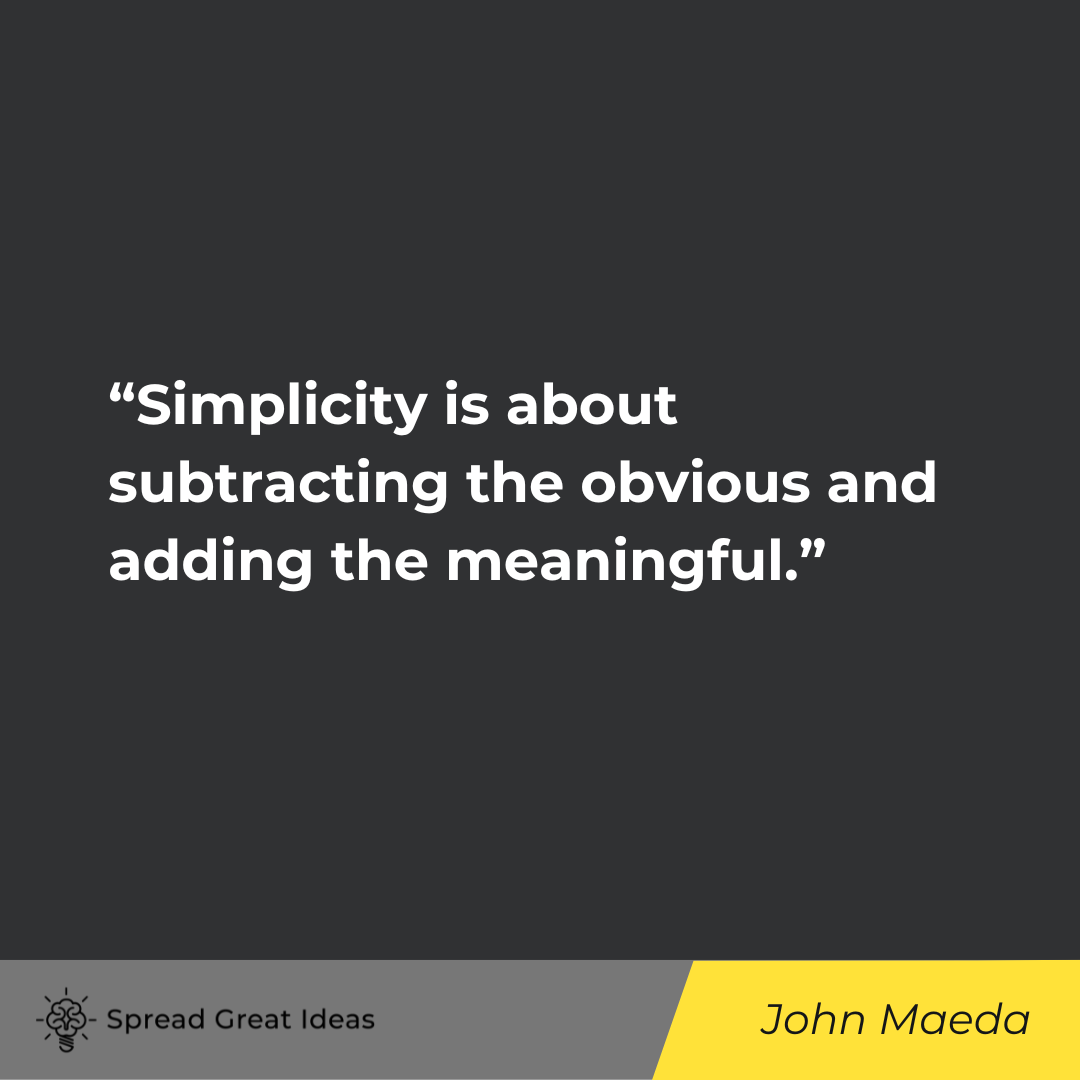
Jim Henson
“Simple is good.”
– Jim Henson, It’s Not Easy Being Green: And Other Things to Consider
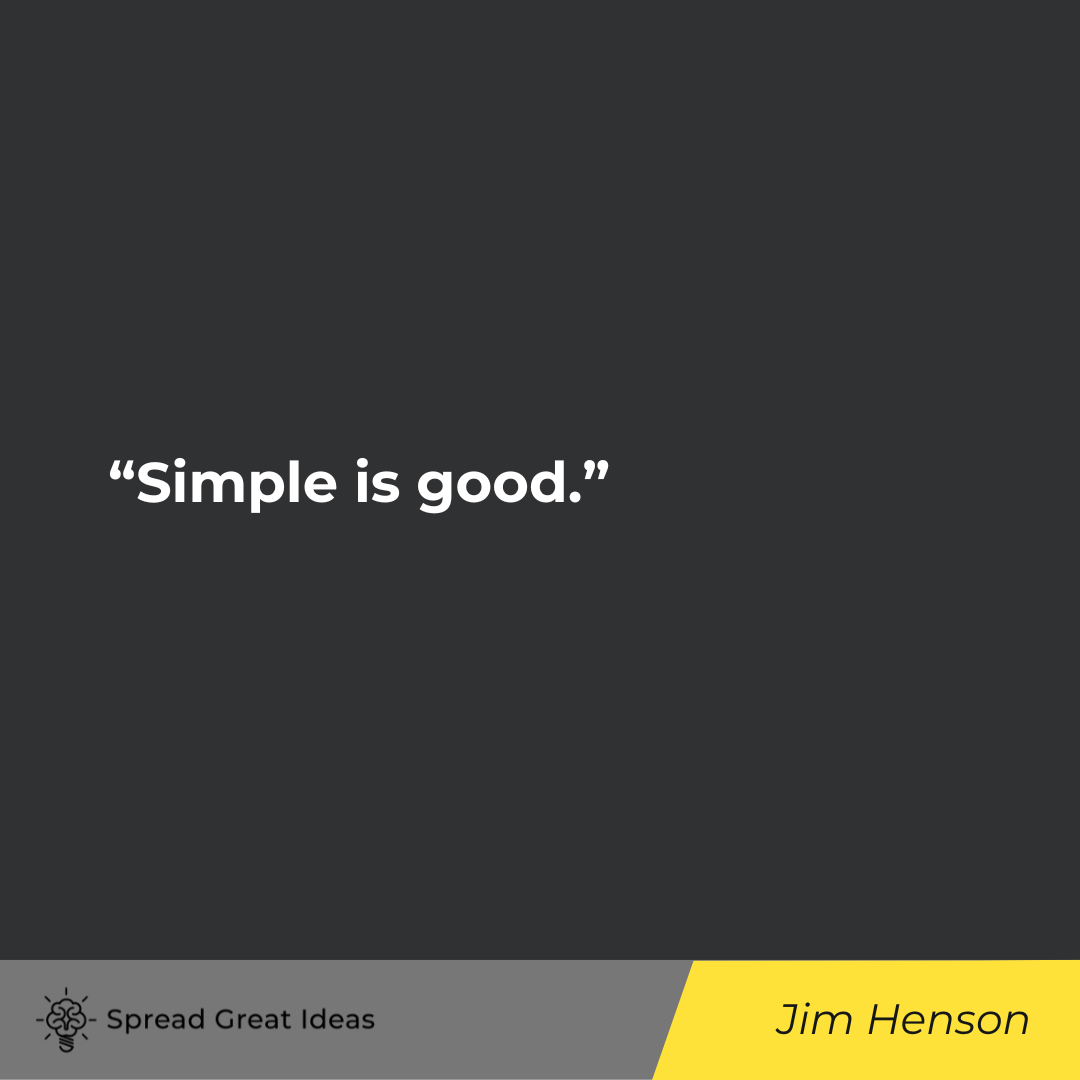
Massimo Vignelli
“If you can design one thing, you can design everything.”
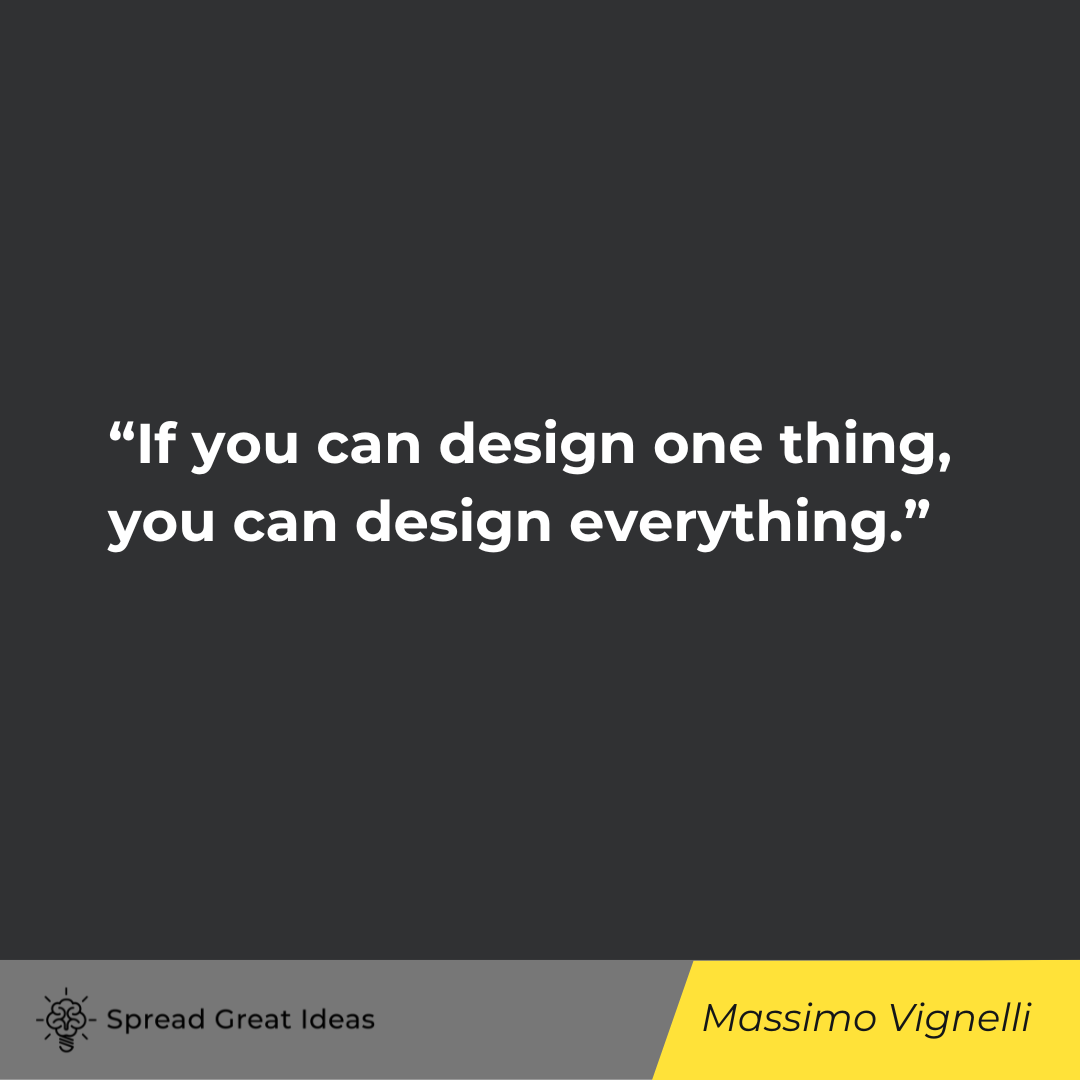
Joe Sparano
“Good design is obvious. Great design is transparent.”
